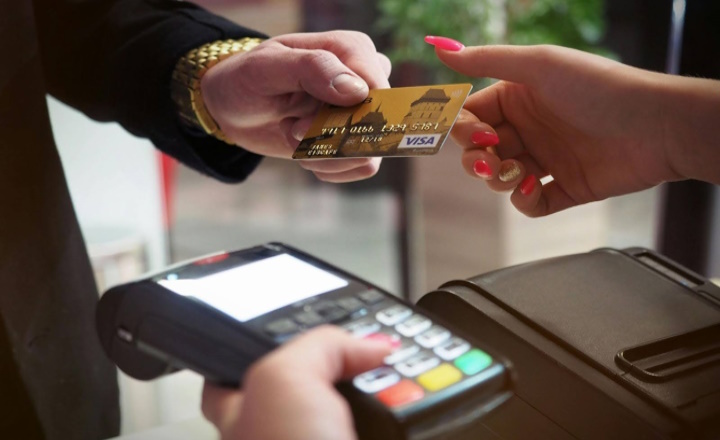
When it comes to paying for goods and services, customers expect convenience and flexibility. Small businesses should provide a variety of payment methods, helping them receive payments from existing customers faster while attracting new clients. Discussed below are the four best payment methods for small businesses.
Credit and debit card payments
Credit and debit card payments are among the common payment options for small businesses due to their widespread acceptance and convenience. Customers prefer paying using cards. It is, therefore, prudent for every small business to consider investing in an ATM card scanner.
Cards allow your small business to provide a fast and smooth checkout process. Consumers will also likely make more significant transactions using cards, letting your small business expand its demographic and reach. In addition, credit and debit cards have swift transaction speeds and solid security measures, including chargeback capabilities and fraud protection.
Cash payments
While the use of cash as a payment method is declining, cash payments are still an acceptable payment option for small businesses. This payment method is immediate because cash is readily available at the point of purchase. Unlike debit and credit card payments, no fees are required to accept cash.
The cash payment method also assists with cash flow, which is critical for your small business’s daily operations. Cash is also a recognised payment method, plus customers expect small businesses to accept cash payments. However, cash payments have some downsides. For one, they’re susceptible to theft and counterfeits. Cash payments may also not be suitable for high-value purchases, and you may need physical space to store physical currency securely.
Direct debit
Direct debit is a payment method that lets your small business get payments directly from customers’ bank accounts. It’s an approach that allows small businesses to be paid automatically on particular dates without requiring customers to authorise every payment. Direct debit payments offer various benefits, including the following:
Stress-free payments: Once you set up the direct debit payment method, your small business collects payments automatically, meaning you don’t have to waste time chasing payments. Direct debit provides a stress-free payment method, enhancing customer experience
Predictability: Using the direct debit method provides a lot of flexibility to your small business with regard to cash flow. It ensures the timely collection of payments, lowering the possibility of missed or late payments
Digital wallets
Digital wallets like PayPal and Apple Pay offer a secure method for customers to make payments using NFC (near-field communication) technology. Since these wallets allow consumers to store their payment information, it eliminates the need for customers to input their card information on several websites. Accepting digital wallet payments in your small business results in:
Faster service: Digital wallets enable small businesses to serve customers faster, reducing the risk of waiting in long queues, which can result in consumers abandoning your store
Convenience: Unlike card payments, which involve customers entering their card details every time they shop, digital wallets allow consumers to save their payment details. This helps accelerate the checkout process
In addition, digital wallets have sturdy security measures such as biometric authentication and tokenization, protecting user data.
Endnote
Providing a variety of payment methods is vital for your small business’s success and growth. Familiarising yourself with the best payment methods can help you pick the most suitable options for your small business.





